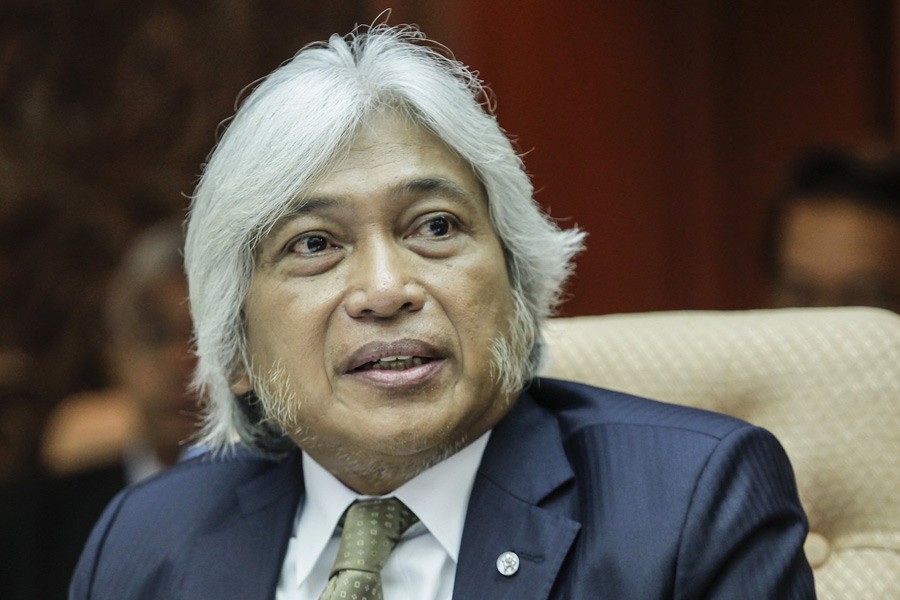Malaysian Prime Minister Mahathir Mohamad has accepted the resignation of the central bank governor, he said on Wednesday, the latest in a string of departures as the 92-year-old leader purges top officials seen as close to the previous government.
Angered over accusations of massive corruption, Malaysians delivered a shock election result last month by voting out a coalition that had led the country for the six decades since independence.
The new government is seeking to unearth suspected graft during the nearly ten years that former premier Najib Razak spent in power, casting a cloud over the future of several top officials, reports Reuters.
Mahathir, Najib’s mentor-turned-foe, told a news conference after a cabinet meeting that the central bank’s governor, Muhammad Ibrahim, had offered his resignation.
“We have not decided on his successor because we need to have the approval of the Agong before we can announce,” Mahathir said, referring to the king, adding that the new government would meet him as soon as possible to discuss a successor.
Muhammad, a career central bank official, has completed less than half of a five-year term begun in May 2016.
Former deputy central bank governor Nor Shamsiah Mohd Yunus, who left at the end of her term in November 2016, was among the candidates to replace him, two sources told Reuters.
Mahathir, who has promised to reform state institutions and stamp out corruption, this week also replaced the government’s top lawyer, the attorney-general, and the chief of the anti-graft agency.
Malaysia is looking for a new national stock exchange chief, although Mahathir said the cabinet meeting did not discuss this.
Mahathir has reopened investigations into state development fund 1Malaysia Development Berhad (1MDB), founded by Najib, which is the subject of a global money-laundering probe. Investigators say billions of dollars have gone missing from the fund.
BANK’S IMAGE
The central bank chief’s resignation follows comments by Finance Minister Lim Guan Eng last month that funds from a sale of land by the government to the central bank had gone to pay the liabilities of the beleaguered 1MDB.
Muhammad had defended the decision to buy the land, saying the transaction met government requirements.
In a note to employees on Wednesday, Muhammad dismissed as “totally untrue” the perception that the deal aimed to intentionally aid the misappropriation of funds through 1MDB.
“I am prepared to relinquish my post if I no longer have the strong trust and support of the public,” he said in the passionate message that was leaked online.
“I cannot in good conscience continue if it affects the Bank’s image and reputation.”
A Harvard University graduate, he was appointed following the retirement of long-serving governor Zeti Akhtar Aziz.
Muhammad joined the bank in 1984 and became the deputy governor in 2010, before taking the top spot.
Two months later, Muhammad cut the interest rate in a surprise move, prompted by Brexit, to boost economic growth.
The rate was restored to 3.25 percent in January, as domestic consumption and exports improved.


